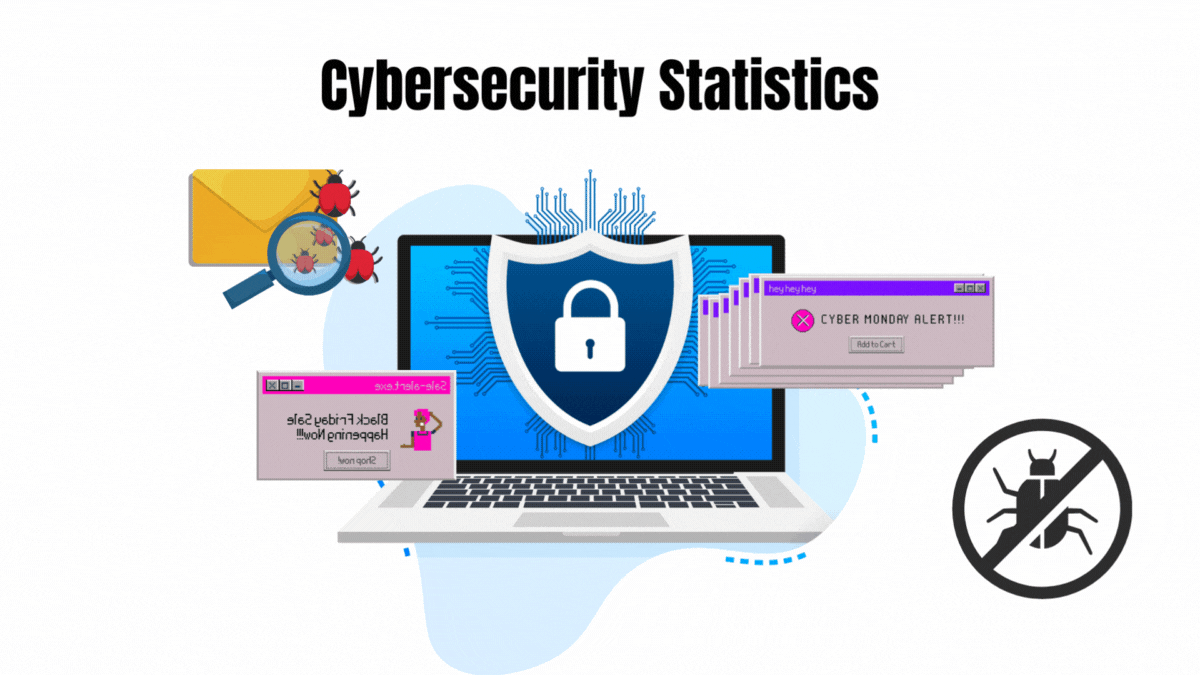SAP Plays On-Demand Field
PALO ALTO, CALIF. — If further proof was needed that on-demand software in the enterprise is growing, software giant SAP provided it today with the unveiling of its first entry to the market.
SAP's on-demand solution is for customer relationship management (CRM) and builds on the company's mySAP CRM software, a more traditional “on-premises” software solution.
SAP has embraced the charge model of other Software as a Service (SaaS) providers. The first offering in what is expected to be an expanded line of on-demand CRM applications from SAP is a Sales module available for $75 per month per user.
At a briefing presented simultaneously here and in New York, SAP explained that long-time partner IBM would provide the hosting services for SAP's on-demand offerings, as well as deploy its 5,600 CRM consultants to work with customers.SAP is late to a market for hosted software applications that put Salesforce.com on the radar, and others such as Siebel (now part of Oracle) have entered aggressively.But company execs here emphasized innovations SAP is bringing to the table and its expertise in enterprise software in general, as well as CRM in particular.
For example, SAP claims to offer the first hybrid CRM solution. In the company's “isolated-tenancy” model, customers have their own instances of the software, which SAP says is more reliable than the approach of so-called pure-play, on-demand software providers such as Salesforce.com, which has suffered from complaints related to delays in accessibility.
The SAP Sales module includes planning and forecasting, account and contact management, calendar and task management (with integration to Lotus Notes and Microsoft Office applications available), and sales analytics. Fields and screens are customizable.
The next on-demand module planned for release in the next few months will be for marketing.
In targeting the mid- to upper-end enterprise market customer with its on-demand software, SAP hopes to reign in any of its substantial installed base intrigued by competitive hosted solutions from Salesforce.com, Siebel and others.
“We're focusing on CRM, because that's what our customers want,” said CEO Bill McDermott, president and CEO of SAP Americas. McDermott said SAP already has a 48 percent share of the CRM market. He also said the compensation plan for SAP's sales force is “agnostic” as far as any benefit from selling on-demand versus on-premise software.
“We will not push customers to go from on-demand to on-premise,” said McDermott. “We do think some will migrate to our full business suite, but that will be their choice.”
Mike Michlovich, an IT director at SAP customer Dupont, said his company has been looking for ways to make information in its legacy systems more accessible to marketing groups within the company. He said SAP's on-demand solution fits the bill.
“We told them we can't afford a long roadmap, we need something that's quick and inexpensive. SAP listened.”
For customers, a key benefit of on-demand software is being able to get the latest releases, upgrades and fixes quickly and transparently. But the move to on-demand also represents a change for SAP, which can take 18 months or more to release big, sophisticated updates to its software.
In addition to updates on-the-fly as they're ready, SAP said it expects to release new on-demand applications on a quarterly basis.
“This is very exciting and very different than how SAP operated in the past, Ralph Von Sossen, a vice president in the CRM group at SAP, told internetnews.com.
Mark Loutenbach, a general manager with IBM, which is providing the computer and database hosting for the SAP offering, said CRM has been a top priority among IBM's enterprise customers. He lauded SAP's solution for being innovative with a flexible pricing path “so customers have value commensurate with their investment.”
CRM is SAP's target for on-demand for at least the near term.
“Manufacturing and accounting are applications company's would rather keep inside the shop if their wire to the world is cut off because they can keep rolling,” said Shai Agassi, president of the product and development group at SAP.
Read more about SAP ERP here.

David Needle is an experienced technology reporter, based in Silicon Valley. He covers big data, mobile, customer experience, social media, and other topics. He was previously the news editor for Enterprise Apps Today, TabTimes editor, and West Coast bureau chief of Internet.com.
